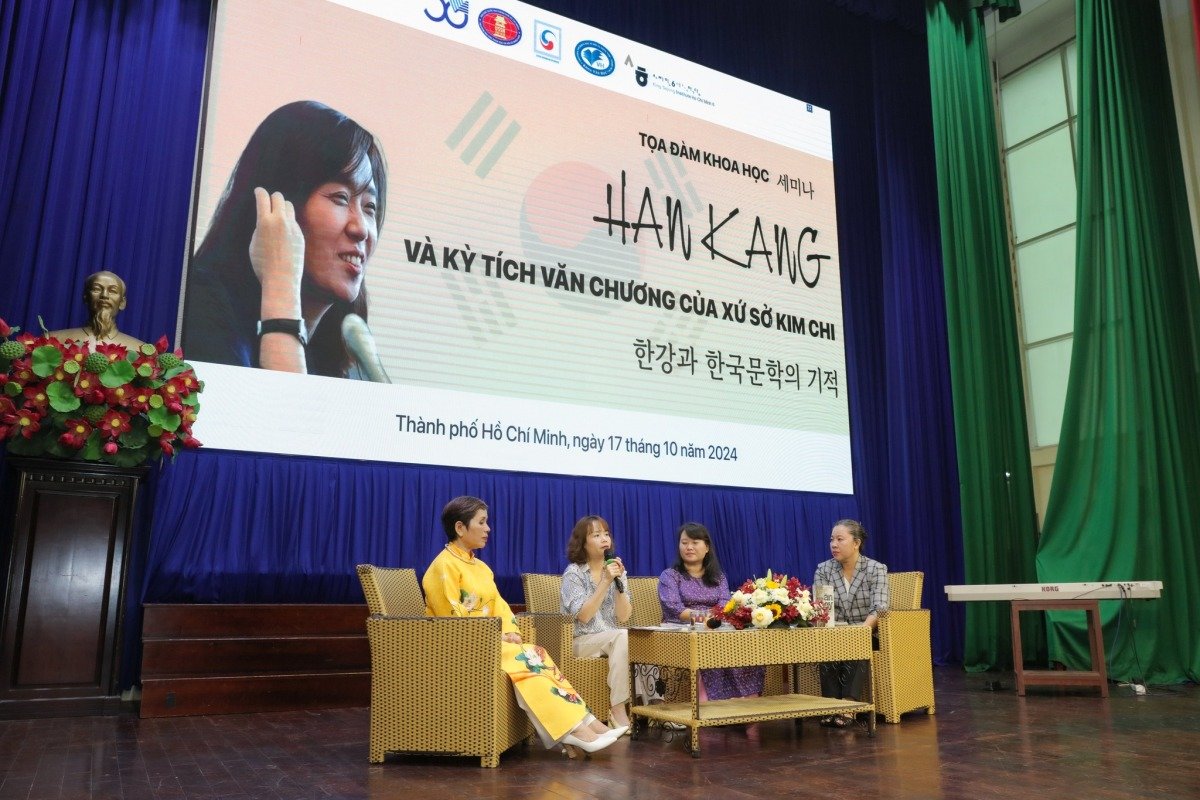[Editorial] NK should honor its agreed schedules.
[Editorial] NK should honor its agreed schedules.
Posted October. 18, 2000 21:28,
Apparently, it is due to the unique circumstances of North Korea that the agreed schedules to undertake the inter-Korean cooperative projects are now being delayed. We are worried about whether it is indicative of a setback to the progress in South-North relations the two Koreas have made since the June 15 Joint Declaration.
Only the day before the meeting, Pyongyang notified Seoul that it wanted to postpone the scheduled 2nd working-level meeting Wednesday in Pyongyang for consultations on South-North economic collaboration. That is not all. North Korea has not so far responded to Seoul's proposal that North Korean delegates visit Seoul for an inspection tour for inter-Korean economic cooperation. Nor did Pyongyang show any response to our suggestion to hold an inter-Korean working level military meeting to discuss the matters relating to the restoration of the severed Kyongui railway.
The two Koreas have yet to hold mutual consultations to finalize the schedules for the North Korean visitors to tour Mt. Halla during this month, and for the 2nd defense ministers' meeting next month. Our greater concern here is about the mutual visits for the reunion of separated family members that were originally scheduled from November 2 to 4.
The list of visiting family members for the reunion early next month must have been finalized by this time in view of our experience from the 1st reunions. Yet, the North has not notified the South of its list, which makes the 2nd reunions virtually impossible to implement as scheduled. Separate from this reunion, there is also a mutual agreement for the confirmation of separate family members' whereabouts, and whether they are still alive or dead.
Seoul completed such confirmations for 99 people out of the 100 people on the North Korean list. But, the North failed to inform us of anything about the people on Seoul's list. The North Korean attitude here is beyond our comprehension, especially so if we have in mind the visceral pains of the separated families desiring to meet their separated kin for the last half century. In particular, the disappointments of the separated family members who were originally scheduled to have reunions on November 2 will truly be insurmountable.
We realize that the North has not enough manpower to adequately handle all the agreed inter-Korean works. Besides, it appears rather frantic now to arrange the schedules for U.S. Secretary of State Albright's impending visit to Pyongyang. Under such circumstances, according to North Korea analysts here, Pyongyang may have decided to adopt delaying tactics for the inter-Korean projects.
The key to South-North relations is both sides¡¯ authentic commitment to the implementation of their agreed agendas instead of the speed with which they can proceed with them. Thus, it is important that the two Koreas should not fail to implement the mutually agreed schedules and procedures step by step without setbacks.
Pyongyang should know that it is better to seek Seoul's understanding if it has some extenuating circumstances for its delayed undertaking of the agreed agendas, and further suggest alternative schedules to the South. The North's unilateral notification to postpone the scheduled meeting just the day before the event, or its outright silence to our proposals can be enough to give Seoul misgivings and misunderstandings as if it is unduly slighting us.
This even gives rise to an analysis that Pyongyang may be deliberately avoiding us as its relations with the United States make rapid progress.
The North must make clear whether it is not interested in retaining its past policies to open its U.S. relations while closing its doors to the South. If so, it must show a more positive stance in carrying out inter-Korean agreements so as to dispel any misgivings over its latest turn.
Headline News
- Presidential Office signals possible offensive weapons aid to Ukraine
- N. Korea reportedly prepares military balloon attack with Russia
- Medical associations join bipartisan talks on expanding medical school quotas
- Former world No. 1 Ko Jin-young returns to LPGA
- Kakao unveils AI service ‘Kanana’ at 'if Kakao AI 2024'







